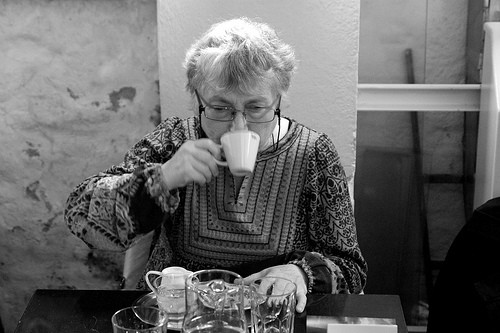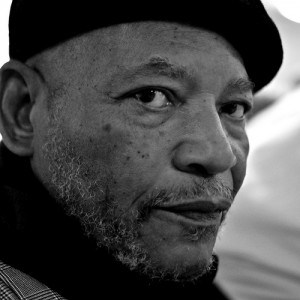Delbert Tibbs 1939 to two-weeks-ago Saturday
Tibbs was a black man who found himself in the wrong place at the wrong time. A Chicagoan wandering through Fort Meyers, Florida in 1974, he was arrested, convicted and condemned for a murder and rape that happened 250 miles away. Sharing a skin color with the suspect was enough for the all-white jury to sentence him to death. Three years later, rather than “risk the very real possibility that Tibbs had nothing to do with these crimes” as they wrote it, the Florida State Supreme Court reversed his verdict, removing him from death row. In prison he wrote. His poems might have saved lives. They spurred on the creation “The Exonerated,” a play recounting the stories of six wrongfully convicted death-row inmates. The play changed the debate on the death penalty: “People who once argued about the morality of executing the guilty now discuss whether the capital justice system can be trusted to separate those deserving death from the wholly innocent,” Adam Liptak wrote in the New York Times. And it’s on those grounds that several states have put moratoria on executions. Tibbs’s imagery invites us into the painful and patient hope of the unjustly imprisoned:
It is not easy:
you stand waiting for a train
or a bus that may never come
no friend drives by to catch a ride
cold, tired:
call yourself a poet
but work all day mopping floors and looking out for thieves.
Natalia Gorbaněvská 1936 to two-weeks-ago Friday
Gorbaněvská was a Russian dissident and poet who put herself in the wrong place at the wrong time. Here’s her deal: “AT NOON in Red Square on August 25th 1968,” she and her stroller-borne three-month-old son joined seven others protesting Russia’s violent suppression of the Prague Spring. Unsurprisingly, “Within minutes they were beaten, arrested and dragged away. Yet news of the great act of courage leaked out. Joan Baez wrote a song, Tom Stoppard a play. Defying communism was one thing, but this went deeper, attacking the Kremlin’s right to rule its empire. It inspired millions to believe that resistance was not futile.” For Natalia, words held the power of memory; like Tibbs’s, they recall the past to agitate for a better future:
The crime has not yet been expunged,
the hour of truth has not yet struck.
logs in the stove still ticking over,
although the fire’s already out.
Ahmed Fouad Negm 1929 to last Tuesday
Ahmed was “an Egyptian poet whose irreverent writing, forged by poverty and prison, lacerated Egypt’s strongmen, gave voice to its underclass and inspired its dissidents.” Writing in colloquial Arabic–he was a poet of the people after all–his wit put words to that universally-found grim humor of the poor and earned him 18 years in jail. His poems were such a thorn in the side of Anwar Sadat that the former Egyptian ruler called him ‘the obscene poet.’ In his poetry, irreverent Negm just sort of gave up:
Don’t tire your brain
in the work of politics
mind your own business
with vim and vigor
******
Natalia Gorbaněvská cover image couresty Flickr user Ondřej Lipár
Delbert Tibbs image courtesty Flickr user Viewminder



